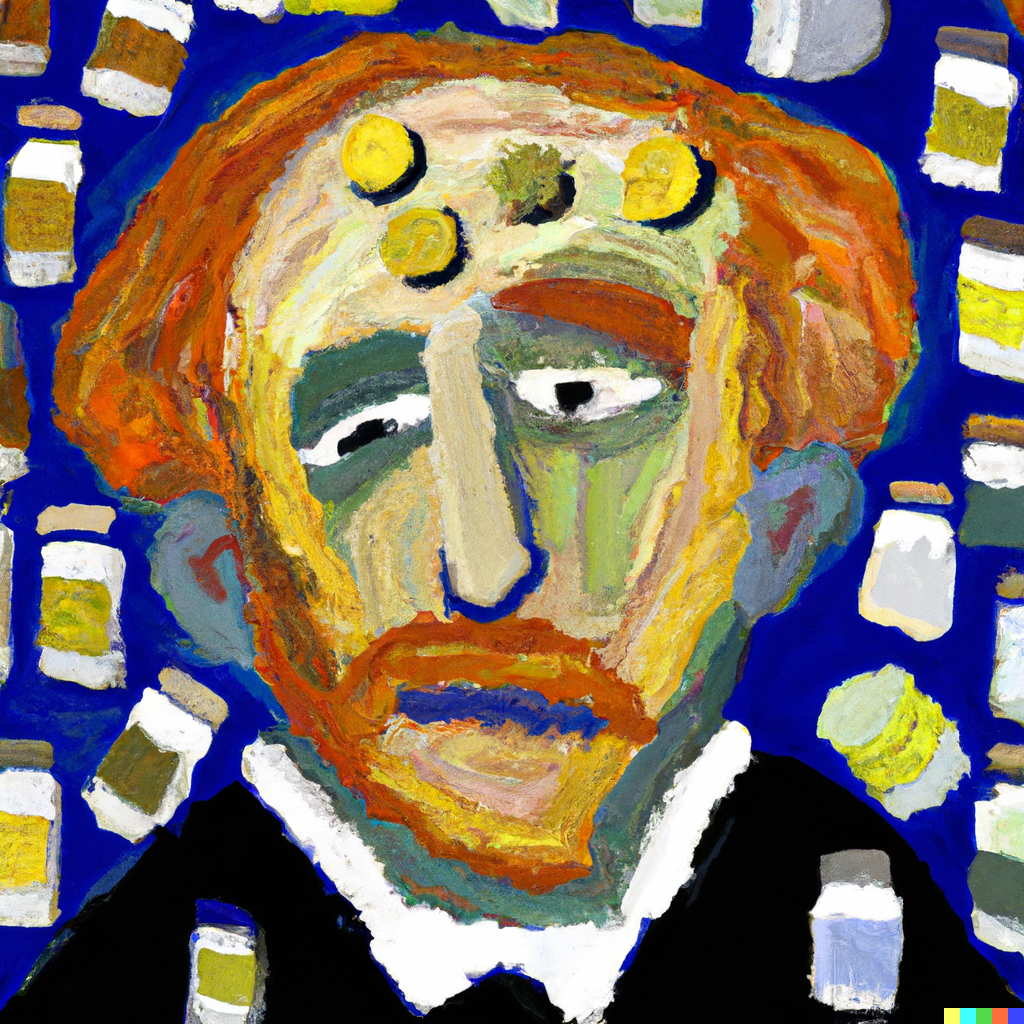Have you ever noticed that some medications come with a disclaimer saying they should be taken with food? Ever wondered why that is? Well, wonder no more! Today, we're going to explore the (sometimes confusing) intersection of medication and food, and answer all your questions.
The dangers of an empty stomach
First of all, let's address the elephant in the room: why do some medications need to be taken with food at all? After all, shouldn't they just work regardless of what's in your stomach?
Well, it turns out that the reason has to do with how your body processes medication. When you take medication orally (by mouth), it has to go through your digestive system before it can enter your bloodstream and start working its magic. This process is known as "absorption."
Now, here's where food comes into the picture. Some medications can be affected by the acid in your stomach, which can cause them to break down before they've had a chance to be fully absorbed. This can reduce the effectiveness of the medication, or even make it completely ineffective.
That's why some medications need to be taken with food: the food helps to buffer the acid in your stomach, protecting the medication and allowing it to be absorbed properly. This ensures that you get the full benefits of the medication.
An exception to every rule
But wait, there's more! It turns out that food can also affect the absorption of certain medications in other ways. For example, some medications need to be taken on an empty stomach because they can be absorbed more quickly that way. In these cases, taking the medication with food can actually slow down the absorption process, reducing its effectiveness.
So, as you can see, there's a lot more to the "take with food" disclaimer than meets the eye. It's not just a random suggestion – it's actually an important part of ensuring that your medication works properly.
Now, you may be thinking, "But what if I don't have time to eat before I take my medication?" or "What if I'm not hungry?"
First of all, it's important to remember that taking your medication with food is only necessary for certain medications. If your medication doesn't specifically say that it should be taken with food, then you can take it on an empty stomach if you prefer.
However, if your medication does need to be taken with food, it's important to make sure you do so. It's not necessarily about having a full meal – even a small snack can help. And if you're not feeling hungry, try to eat something anyway. It's important to prioritise your health and make sure your medication is working properly.
So, in summary, the "take with food" disclaimer on some medications may seem like a minor inconvenience, but it's actually an important part of ensuring that your medication works effectively. So, the next time you see that disclaimer, remember that it's there for a reason – and try to make sure you take your medication with food as directed. Happy (and healthy) eating!

